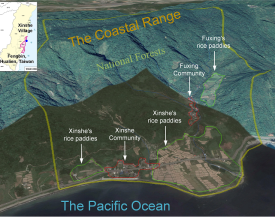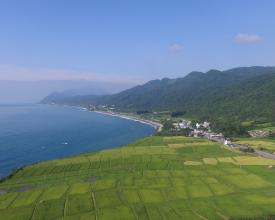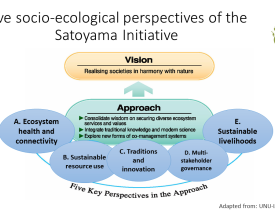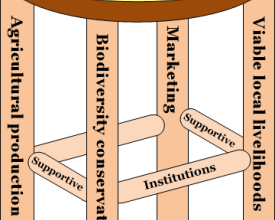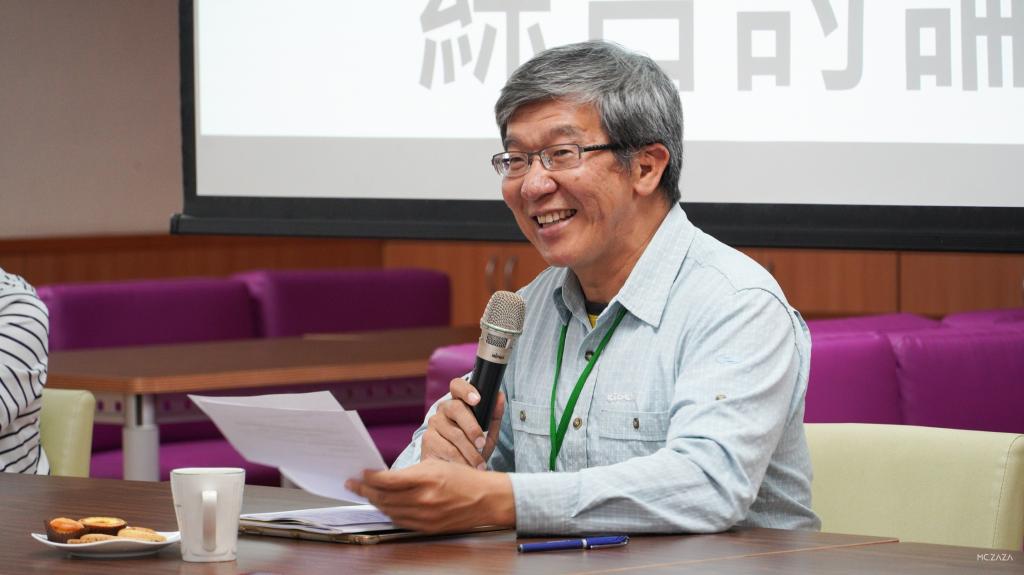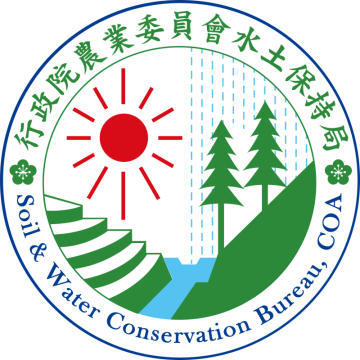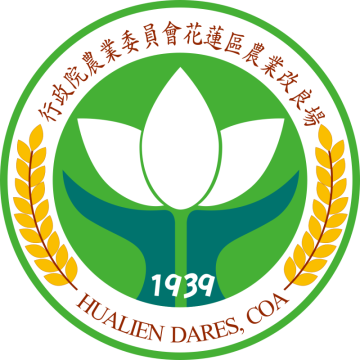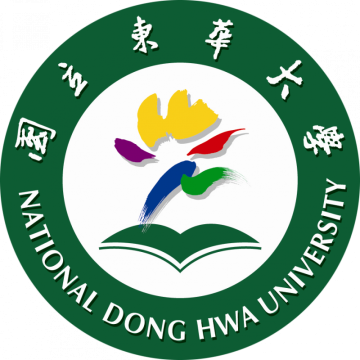
Un enfoque paisajístico integrado para la revitalización del paisaje socioecológico de producción indígena y del paisaje marino en la aldea de Xinshe, condado de Hualien, Taiwán.
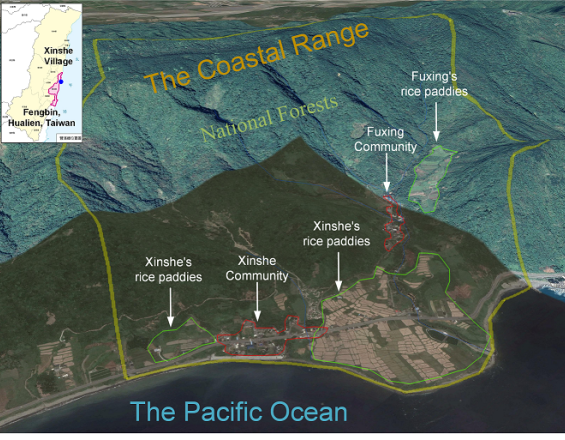
El Paisaje Marino y de Producción Socioecológica de Xinshe ( SEPLS) es una cuenca hidrográfica subtropical de cresta a arrecife situada en el pueblo de Xinshe, en Taiwán. A principios de la década de 2010, a pesar de su rica gestión indígena sostenible de los recursos, el SEPLS de Xinshe estaba luchando contra las consecuencias del rápido desarrollo socioeconómico, así como contra los problemas de la despoblación y el envejecimiento, el deterioro de las tierras de cultivo, la degradación de los recursos naturales, la pérdida de conocimientos indígenas y la falta de incentivos para que los jóvenes regresaran a sus hogares.
En octubre de 2016, la iniciativa Xinshe Forest-River-Village-Ocean Eco-Agriculture y su plataforma de múltiples partes interesadas, facilitada por la Universidad Nacional Dong Hwa, introdujeron un enfoque innovador del paisaje y un modelo de cogestión adaptable inspirado en las cinco perspectivas de la Iniciativa Satoyama: salud y conectividad de los ecosistemas, uso sostenible de los recursos, tradiciones e innovación, gobernanza de múltiples partes interesadas y medios de vida sostenibles.
La Iniciativa Xinshe ha entrado ahora en su fase de ejecución intermedia (2021-2026).
Impactos
La Iniciativa Xinshe ha demostrado cómo los esfuerzos de múltiples partes interesadas pueden contribuir al establecimiento de medios para mejorar los medios de vida locales sostenibles.
La fase inicial de la Iniciativa (2016-2019) se caracterizó por el establecimiento de trampolines (cooperación de las partes interesadas en todos los sectores y paradigmas de conocimiento) y la recolección de los frutos maduros abordando las cuestiones más urgentes (restauración de las vías fluviales, revitalización de las tierras de cultivo, diversificación de cultivos, agricultura ecológica, inventario de la biodiversidad marina y de agua dulce, documentación de los conocimientos tradicionales de los ancianos).
En 2020, la Iniciativa Xinshe llevó a cabo 12 talleres comunitarios de evaluación de la resiliencia (RAW, por sus siglas en inglés) como medio de aportación directa a la planificación de la siguiente fase intermedia 2021-2026. En los próximos años, la Iniciativa se centrará en:
- mejorar la protección y el uso sostenible de los recursos marinos y de agua dulce
- promover la ecoagricultura y los cultivos autóctonos
- documentar los conocimientos indígenas
- prevenir los riesgos de catástrofe
Hasta la fecha, los efectos de la Iniciativa ya han superado la escala geográfica de la SEPLS de Xinshe y se está estudiando la posibilidad de que otras comunidades de Taiwán adopten el exitoso modelo de cogestión adaptativa. En 2021, se llevarán a cabo más RAW en otros ocho SEPLS de todo el país como parte de la Asociación de Taiwán para la Iniciativa Satoyama.
